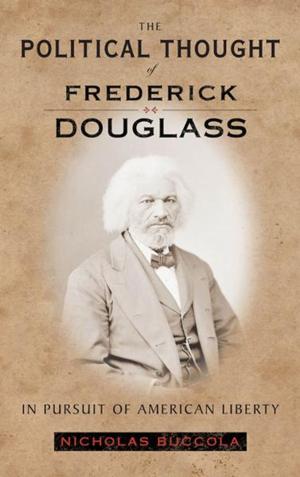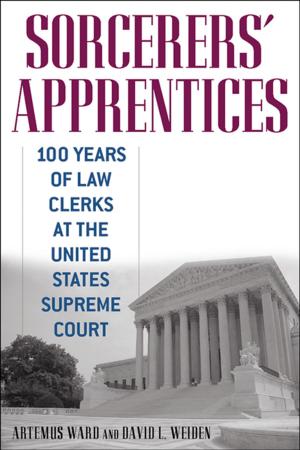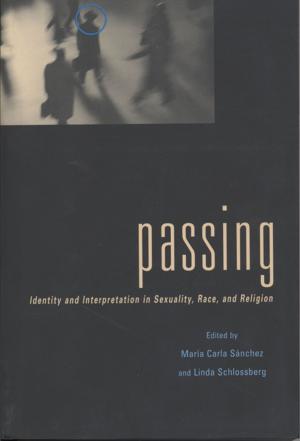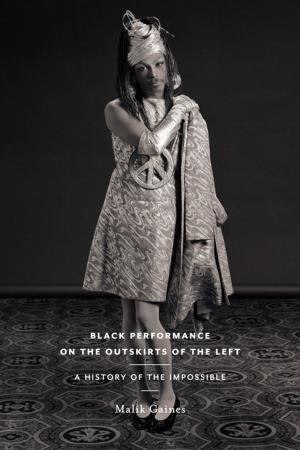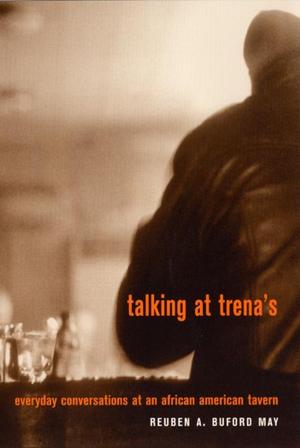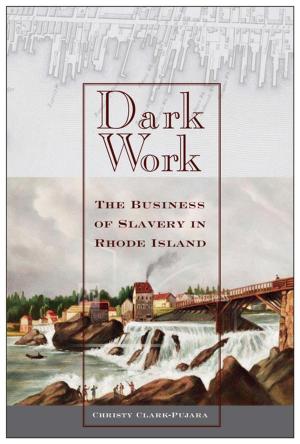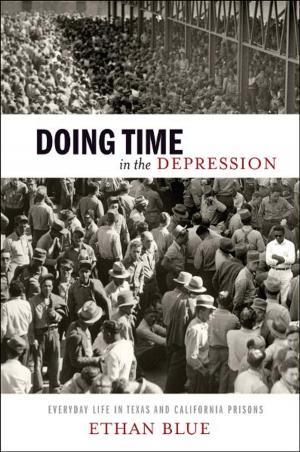License to Wed
What Legal Marriage Means to Same-Sex Couples
Nonfiction, Reference & Language, Law, Gender & the Law, Social & Cultural Studies, Social Science, Gender Studies, Gay Studies| Author: | Kimberly D. Richman | ISBN: | 9780814724224 |
| Publisher: | NYU Press | Publication: | December 30, 2013 |
| Imprint: | NYU Press | Language: | English |
| Author: | Kimberly D. Richman |
| ISBN: | 9780814724224 |
| Publisher: | NYU Press |
| Publication: | December 30, 2013 |
| Imprint: | NYU Press |
| Language: | English |
A critical reader of the history of marriage understands that it is an institution that has always been in flux. It is also a decidedly complicated one, existing simultaneously in the realms of religion, law, and emotion. And yet recent years have seen dramatic and heavily waged battles over the proposition of including same sex couples in marriage. Just what is at stake in these battles?
License to Wed examines the meanings of marriage for couples in the two first states to extend that right to same sex couples: California and Massachusetts. The two states provide a compelling contrast: while in California the rights that go with marriage—inheritance, custody, and so forth—were already granted to couples under the state’s domestic partnership law, those in Massachusetts did not have this same set of rights. At the same time, Massachusetts has offered civil marriage consistently since 2004; Californians, on the other hand, have experienced a much more turbulent legal path. And yet, same-sex couples in both states seek to marry for a variety of interacting, overlapping, and evolving reasons that do not vary significantly by location.
The evidence shows us that for many of these individuals, access to civil marriage in particular—not domestic partnership alone, no matter how broad—and not a commitment ceremony alone, no matter how emotional—is a home of such personal, civic, political, and instrumental resonance that it is ultimately difficult to disentangle the many meanings of marriage. This book attempts to do so, and in the process reveals just what is at stake for these couples, how access to a legal institution fundamentally alters their consciousness, and what the impact of legal inclusion is for those traditionally excluded.
A critical reader of the history of marriage understands that it is an institution that has always been in flux. It is also a decidedly complicated one, existing simultaneously in the realms of religion, law, and emotion. And yet recent years have seen dramatic and heavily waged battles over the proposition of including same sex couples in marriage. Just what is at stake in these battles?
License to Wed examines the meanings of marriage for couples in the two first states to extend that right to same sex couples: California and Massachusetts. The two states provide a compelling contrast: while in California the rights that go with marriage—inheritance, custody, and so forth—were already granted to couples under the state’s domestic partnership law, those in Massachusetts did not have this same set of rights. At the same time, Massachusetts has offered civil marriage consistently since 2004; Californians, on the other hand, have experienced a much more turbulent legal path. And yet, same-sex couples in both states seek to marry for a variety of interacting, overlapping, and evolving reasons that do not vary significantly by location.
The evidence shows us that for many of these individuals, access to civil marriage in particular—not domestic partnership alone, no matter how broad—and not a commitment ceremony alone, no matter how emotional—is a home of such personal, civic, political, and instrumental resonance that it is ultimately difficult to disentangle the many meanings of marriage. This book attempts to do so, and in the process reveals just what is at stake for these couples, how access to a legal institution fundamentally alters their consciousness, and what the impact of legal inclusion is for those traditionally excluded.




